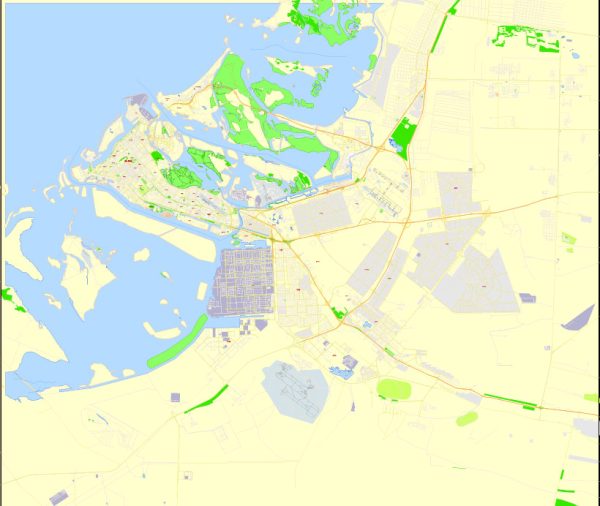Abu Dhabi, the capital of the United Arab Emirates (UAE), has a rich and diverse history that spans thousands of years. Here’s a brief description of the history of Abu Dhabi:
- Ancient History: The region that is now Abu Dhabi has a history dating back to ancient times. It was inhabited by various nomadic and semi-nomadic Arab tribes who engaged in activities such as fishing, pearl diving, and trading.
- Tribal and Bedouin Life: The Bani Yas tribe, particularly the Al Nahyan family, played a significant role in the history of Abu Dhabi. The Al Nahyan family settled in the region during the late 18th century and gradually established their rule over the emirate. The tribe, like others in the area, relied on traditional activities such as camel herding and date farming.
- British Influence: In the 19th century, the British established a significant presence in the Persian Gulf region, including Abu Dhabi, primarily to protect their interests and ensure a stable maritime route to India. Several treaties were signed with the local rulers to establish friendly relations.
- Pearl Diving and Trade: Before the discovery of oil, the economy of Abu Dhabi was largely dependent on pearl diving, fishing, and trade. The pearl trade was particularly important and contributed to the growth of the city and the emirate.
- Discovery of Oil: One of the most significant events in Abu Dhabi’s history was the discovery of oil in the 1950s. The first oil well was drilled in 1958, transforming the emirate’s economy and leading to rapid modernization and development.
- Formation of the UAE: Abu Dhabi played a key role in the formation of the United Arab Emirates. In 1971, the emirates of Abu Dhabi, Dubai, Sharjah, Umm Al-Quwain, Fujairah, and Ajman united to form the UAE, with Abu Dhabi as the capital. Ras Al Khaimah joined the federation shortly thereafter.
- Modern Development: The revenue from oil exports has allowed Abu Dhabi to invest heavily in infrastructure, education, healthcare, and various sectors of the economy. The city has witnessed rapid urbanization and the construction of modern skyscrapers, including the iconic Burj Khalifa.
- Cultural Heritage: Despite its modernization, Abu Dhabi has preserved its cultural heritage. The city is home to numerous museums, including the Louvre Abu Dhabi and the Sheikh Zayed Grand Mosque, which showcase the art, history, and culture of the region.
- Tourism and Hospitality: Abu Dhabi has also become a popular tourist destination, offering a mix of modern attractions, luxury resorts, and cultural experiences. The city hosts Formula 1 races, international conferences, and numerous cultural festivals.
- Vision 2030: Abu Dhabi continues to plan for its future through initiatives like “Vision 2030,” which focuses on economic diversification, sustainability, and innovation, aiming to reduce the emirate’s dependence on oil and create a more diverse and resilient economy.
Abu Dhabi’s history reflects its transformation from a quiet desert settlement to a thriving modern metropolis, and it continues to play a vital role in the economic and cultural development of the United Arab Emirates.


 Author: Kirill Shrayber, Ph.D. FRGS
Author: Kirill Shrayber, Ph.D. FRGS